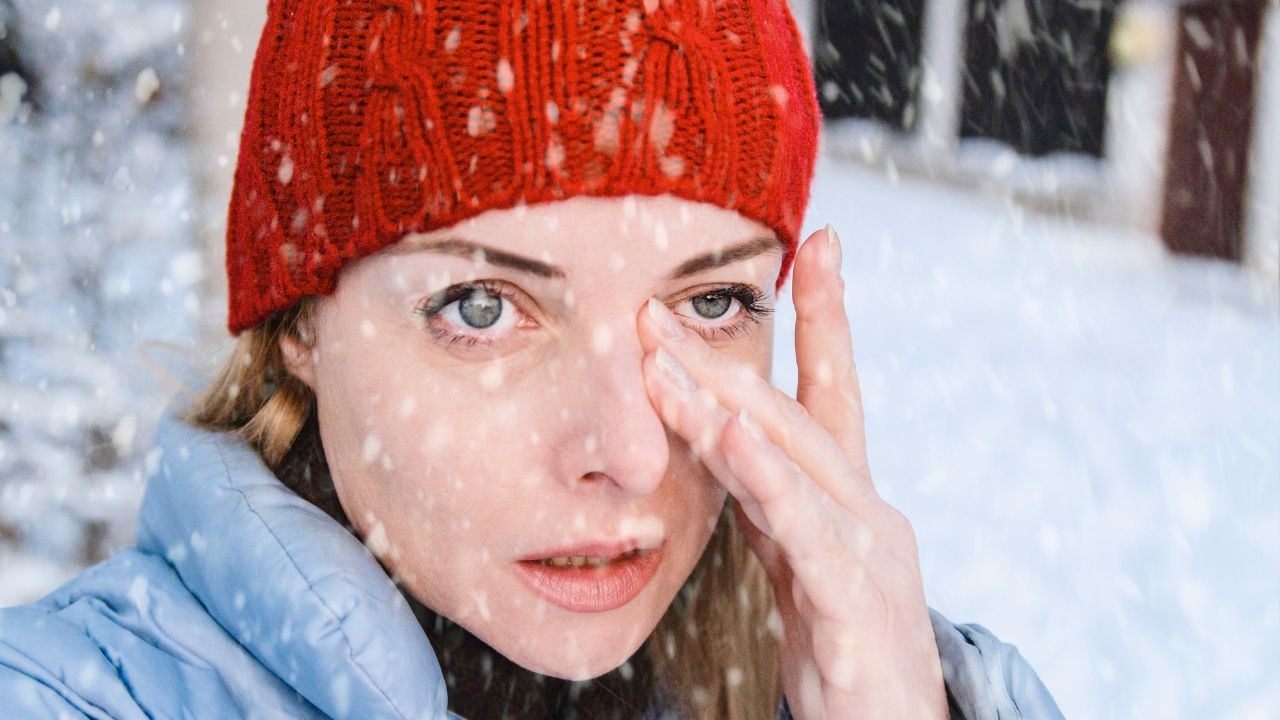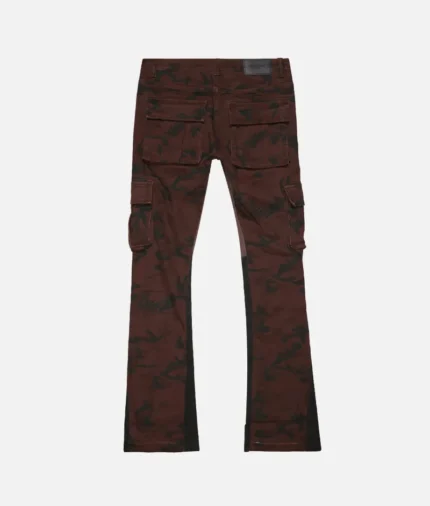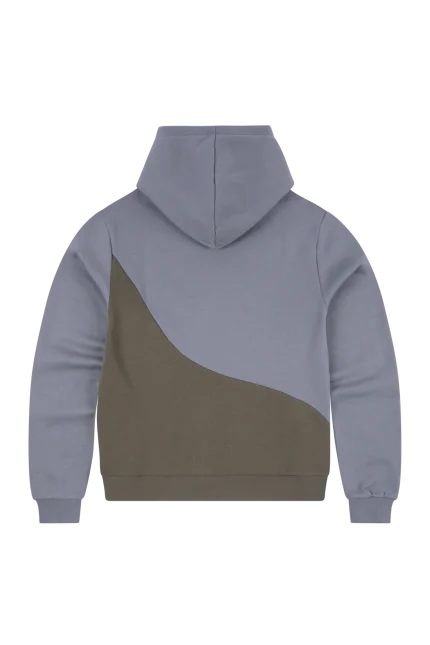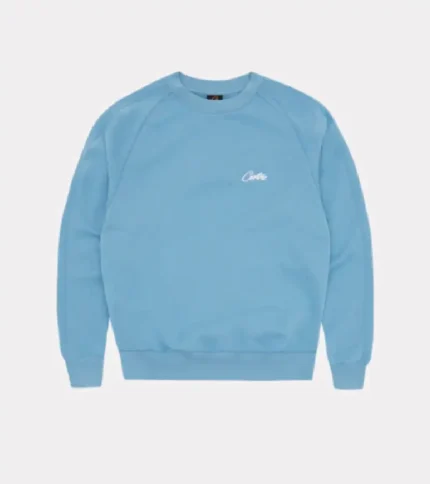Winter weather presents unique challenges to eye health, with factors such as dry air, UV radiation, and extended screen time contributing to discomfort. In this article, we’ll explore effective tips for maintaining optimal eye care in winter.
Use artificial tears eye drops for dry eyes
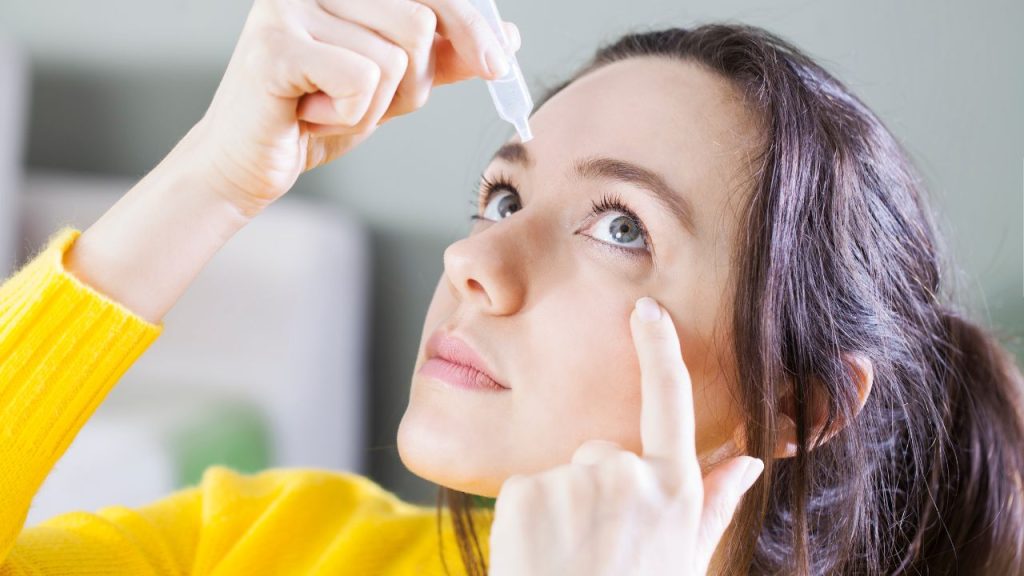
Dry air in winter can cause eye discomfort, especially if you spend time indoors. This section explores the impact of indoor conditions on dry eye drops and highlights the use of artificial tears for dry eyes for pain relief.
Addressing indoor drought: As people spend more time indoors with heating systems and fireplaces, the air becomes drier. Lin recommends maintaining a moderate indoor temperature to avoid excessive dryness. Additionally, recirculated indoor air can cause more irritation, which highlights the need for moisture.
The importance of artificial tears: to combat dry eyes, regular blinking is recommended along with the use of humidifiers to add moisture to the air. Lin suggests avoiding excessive heat sources and staying hydrated. Including omega-3 fatty acids in the diet and choosing artificial tears without preservatives helps reduce dry eye symptoms.
Use sun protection

While winters can be cloudy, UV radiation remains a concern. This section will discuss the persistence of UV rays in winter, the risks of sun exposure, and the importance of wearing sunglasses and goggles with UV protection in winter.
UV radiation in winter: Contrary to popular belief, UV radiation persists in winter and can reflect snow, increasing the risk of eye diseases. Dr. Chen recommends using 100 percent UV-protected sunglasses to protect the eyes. Outdoor sports require the use of snow goggles with UV protection.
Overexposure risks: Overexposure to the sun in winter can increase the risk of cataracts, eye cancer, and snow blindness. The chains emphasize the importance of protecting the eyes from direct and reflected UV radiation. Wearing proper glasses is important to protect eye health in winter.
Sunglasses and safety glasses for safety: This subsection focuses on practical steps that individuals can take to protect their eyes from harmful UV rays. Wearing sunglasses and goggles designed for winter conditions is important for eye protection.
Keep your eyes moist
As the temperature drops, it becomes challenging to maintain eye moisture levels. This section discusses the effect of cold air on eye humidity and provides practical tips on how to prevent dehydration.
Effect of cold air on eye moisture: Dr. Lin explains that cold air retains less moisture, which leads to more moisture loss from the eyes. The heat from indoor environments can also contribute to drought, given air circulation problems. Understanding these factors is important in addressing winter-related eye discomfort.
Tips to maintain eye moisture: Practical tips such as blinking regularly, using humidifiers, avoiding excessive heat sources, staying hydrated, and adding omega-3 fatty acids to the diet are discussed. Artificial tears without preservatives are recommended to effectively address dry eye symptoms.
Take a break from screens and focus on work

Eye strain and discomfort are often the result of prolonged screen time. This section will explore the 20-20-20 rule and the importance of blinking to reduce dry eyes caused by screen use.
The 20-20-20 Eye Strain Rule: Dr. Chen emphasizes the link between screen use, reduced blinking, and dry eye discomfort.
The 20-20-20 rule suggests taking a break every 20 minutes and looking at least 20 meters away for 20 seconds as a practical solution. This will help prevent eye strain and maintain eye moisture.
The importance of blinking: An explanation of how short blinking during focused work contributes to dry eye symptoms contextualizes the importance of the 20-20-20 rule. Chen emphasizes the role of blinking in retaining eye fluid and encourages readers to adopt these simple but effective habits.
Wash your hands often and avoid touching your eyes.
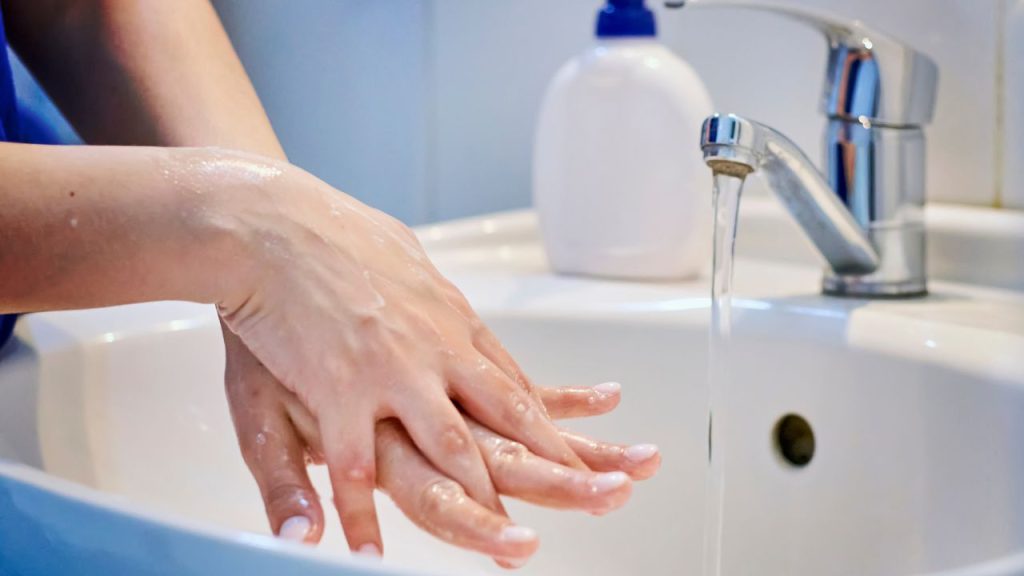
Maintaining good hygiene is important in preventing eye infections. This section will address the importance of washing hands, avoiding eye touch, and addressing potential snow-related eye injuries.
Preventing bacterial and viral transmission: This section highlights the role of hand washing in preventing the transmission of bacteria and viruses to the eyes, thereby reducing the chances of catching colds, flu, and other infections. Additionally, we emphasize avoiding eye rubbing to prevent accidental injuries.
Snow-related eye injury: Dr. Lin recommends immediately flushing the eyes when snow falls during outdoor activities. In the event of sustaining injuries on ice, it is imperative to promptly seek professional advice, given the potential for significant damage attributable to hard ice crystals.
Be careful when using cosmetics
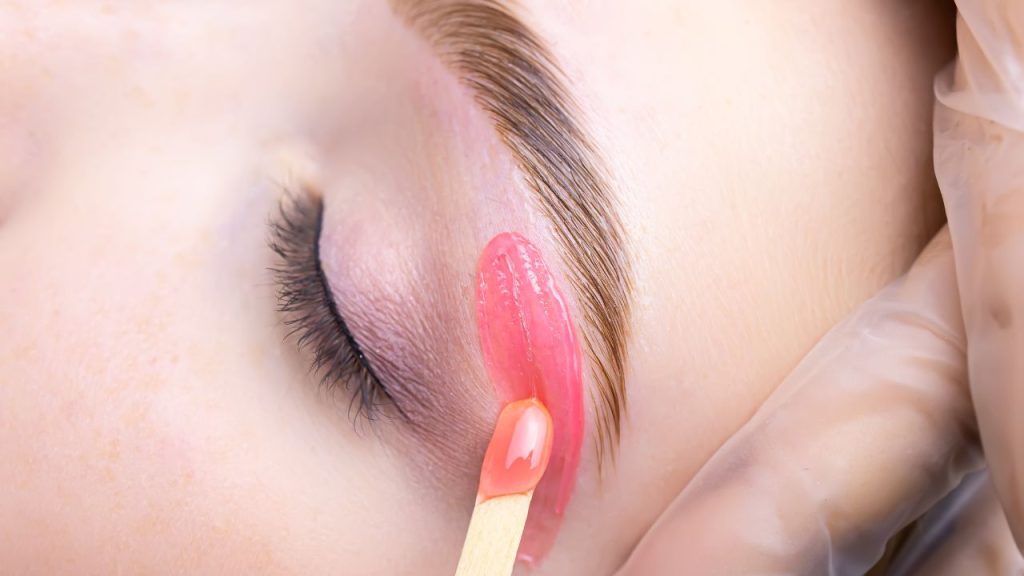
Holiday events often include eye makeup, where safety and hygiene should be taken into account. In this section, you’ll find practical tips on how to safely apply and remove eye makeup.
Dr. Chen advises on applying eye makeup, using products designed for the eyes, and ensuring hygiene before applying makeup off the lash line. These measures protect the eyes from possible irritants and infections related to cosmetics.
The importance of removing makeup: Remember to take off your eye makeup before bed using a gentle remover. Don’t put makeup remover in your eyes, and toss out your eye makeup after three months to keep away bacteria.
Take care of your contact lenses
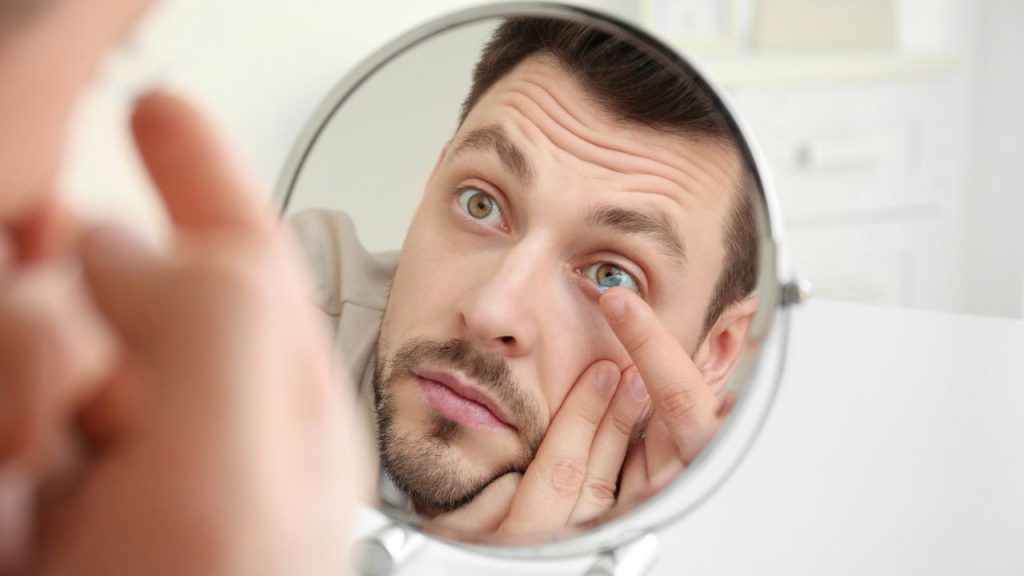
Contact lens care in winter wearers in winter may experience discomfort in the winter. This section discusses how dry eye affects contact lens wear and provides guidelines for maintaining clean lenses.
Addressing discomfort in winter: The discomfort associated with wearing contact lenses in dry conditions is discussed. Readers are encouraged to temporarily switch to glasses if necessary and to prioritize eye moisture during the winter.
Proper contact lens care: Dr. Chen emphasizes the importance of following care instructions provided by eye care professionals and manufacturers. Sleeping, bathing, or swimming with contact lenses and cleaning them regularly are important steps in ensuring that contact lenses are worn comfortably.
Winter eye allergy treatment
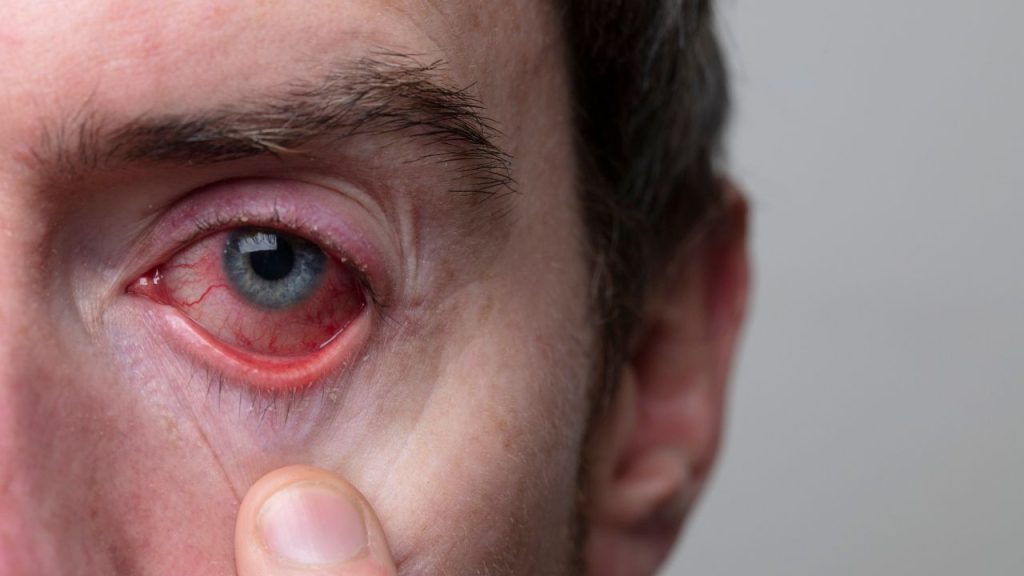
Eye allergies can persist in winter due to various allergies. This section explores the causes of eye allergies in winter and the treatments available and also explores tips about winter eye care.
Causes of eye allergies in winter: Common winter allergens such as dust mites, mold, and pet dander contribute to eye allergies. Chen advises individuals to consult their ophthalmologist for personalized treatment based on symptoms.
Available treatments: Over-the-counter eye drops and medications are discussed as effective treatments for eye allergies. Readers are encouraged to seek professional advice for customized solutions to relieve redness, itching, and watery eyes.
See an ophthalmologist if you have persistent symptoms.
Professional intervention is important for persistent eye problems. This section emphasizes the importance of seeking the help of an optician for early diagnosis and treatment.
The importance of professional eye care: Dr. Chen stresses the need for immediate professional attention if self-care measures do not alleviate symptoms. Early diagnosis is essential to effectively manage eye problems and protect vision.
Schedule regular eye exams: The American Academy of Ophthalmology recommends routine eye exams for all healthy adults, beginning at age 40. Lin suggests having an eye exam at least once every two years for anyone over the age of 4. Regular exams contribute to the early detection of potential problems and the maintenance of optimal vision.
Wear sunglasses in winter
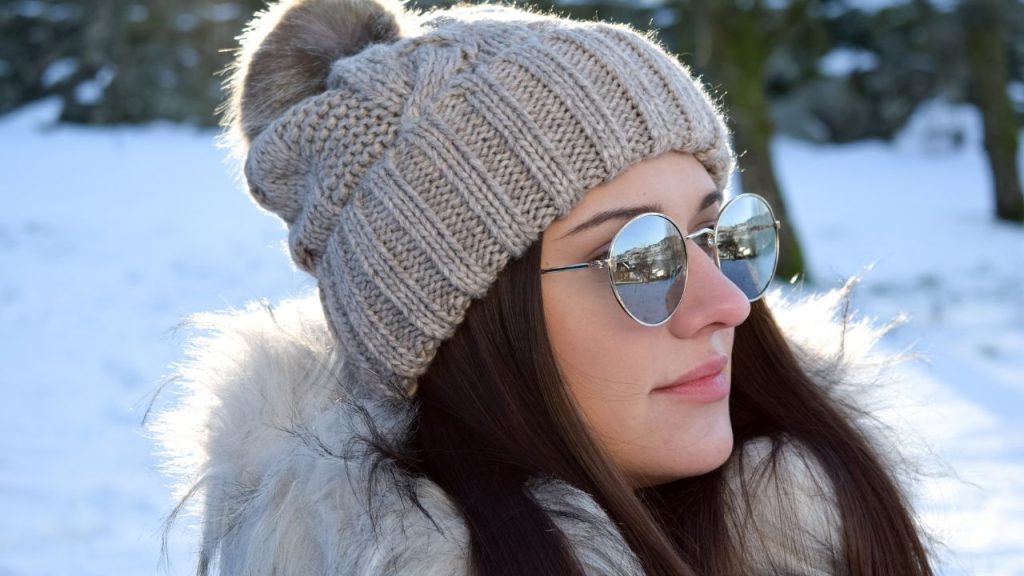
Even in winter, sun protection is necessary throughout the year. This section emphasizes the importance of wearing sunglasses in winter to protect the eyes from harmful UV rays.
Importance of sunglasses throughout the year: This section highlights the harmful effects of UV rays, especially in winter when the sun is low on the horizon. Long-term exposure to UV radiation emphasizes wearing sunglasses as a preventive measure against various eye conditions.
Sun protection in winter: Practical advice is given to choose sunglasses suitable for winter eye care conditions. Readers are reminded to prioritize eye health by consistently wearing sunglasses, which promotes long-term vision preservation.
Conclusion
Finally, it’s important to take proactive winter eye care measures to maintain optimal eye health. From tackling dryness with artificial tears to protecting against UV radiation and practicing good hygiene, these tips provide a comprehensive guide for those looking to keep their eyes healthy during the colder months.

